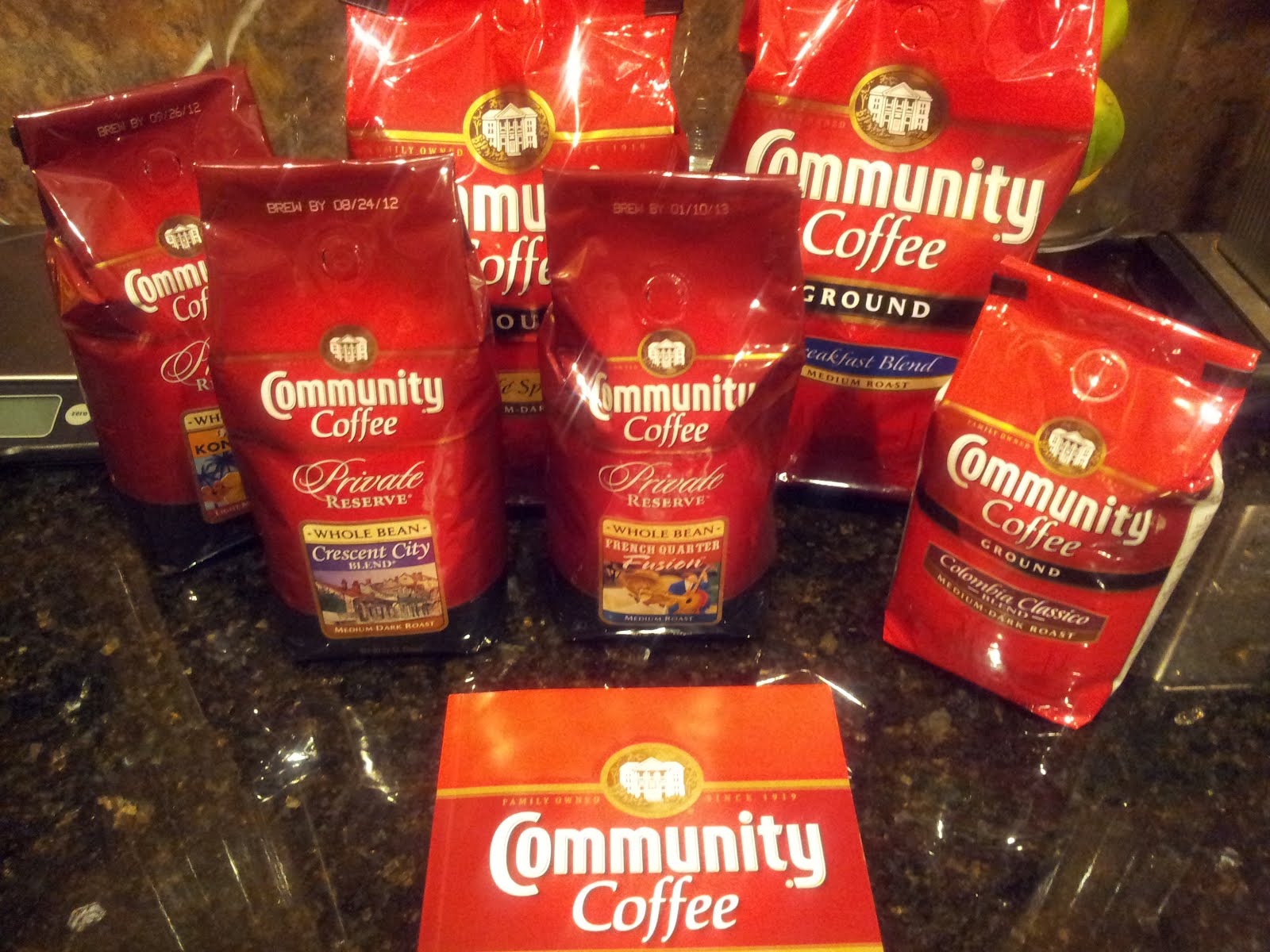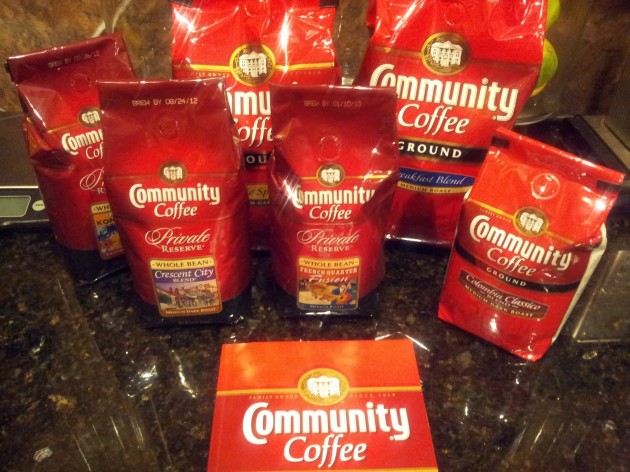For longer than I can remember, I have come across Community Coffee, a family-owned coffee roaster that is famous in the Southern United States, particularly the Louisiana area. I have always intended to order their coffee to try it for myself but it would slip my mind. During a recent episode of True Blood, I noticed it in the background of Sam Merlotte’s restaurant and bar. I went to the official Community Coffee website and bought several pounds of different coffee bean roasts based on customer reiews, as well as the Community Coffee Story 1919-2009 book to study the business. So far, I’ve had several cups of the breakfast blend and the Columbia Classico. I’m about to try the Crescent City blend, which is brewing as I type. The roasts I’ve tried were good. I still vastly prefer the Douwe Egberts coffee system but I can see the appeal.
[mainbodyad]The Community Coffee business attracts me because it is a symbol of how most great brands began. People don’t remember that Folger’s Coffee was at one time like this; it wasn’t some rootless product birthed in the depth of the Procter & Gamble conglomerate and then sold to J.M. Smucker. There was a period in the United States when individual families and entrepreneurs did things like start coffee businesses. It still happens, it just doesn’t seem to happen as often. These men and women put their name, and reputation, behind the product. They sold it to their friends, family members, and fellow members of the community. They created jobs at local factories, where the product was made, and shipped to local stores through their own branded trucks. My older relatives worked at shoe factories and phone companies, trucking lines and sporting goods companies.
From banks to retailers, coffee roasters to manufacturing plants, fortunes were made and grown by providing value to society. It’s the same reason I love the legendary R.J. Reynolds Tobacco employee stock purchase plan. These were real people, building real products, creating real value. Outside of Silicon Valley, it seems that people, now removed from the immigrant roots of their great grandparents, think of nothing but selling their time for a paycheck. They panic if only 90 out of 100 people are employed instead of 95 out of 100 people. They think of a job as a right, yet don’t seem willing to create their own by hiring themselves and going into business under their own name.
I’m excited to actually dive into the company biography and learn about the history of Community Coffee. I know that 10 or 20 years ago, there was a major stockholder issue that required the business to take on debt to buy out some other shareholders. Those are the things that pique my interest. I like knowing how deals are structured, the stories behind them, and how existing entities came to be what they are.
[mainbodyad]Community Coffee is special because it is rare for a business to survive so many generations without a liquidity event (e.g., selling out to a conglomerate so the money can be invested in a diversified portfolio, allowing the family members to go their separate ways) or failure. Typically, once you get down to the third generation things begin to fall apart because the corporation or partnership is nothing more than a financial asset to the grandchildren, who use it to fund their lifestyle, having no emotional and operational connection to the entity. It is a piggy bank to raid. In a society that is largely a meritocracy, such as the United States, it shouldn’t come as a surprise that a grandchild picked to run a business he or she has no experience operating should fail when put up against a ruthless, obsessed, self-motivated first-generation entrepreneur. That dynamic is what causes empires to rise and fall.
What makes this company special that it can survive in private hands for more than a Century? Is it an outlier on a bell curve? A particular capitalization or management structure? What makes it different? How it is like the House of Creed, which has now survived from father-to-son for more than 252 years? That is what I need to discover.




